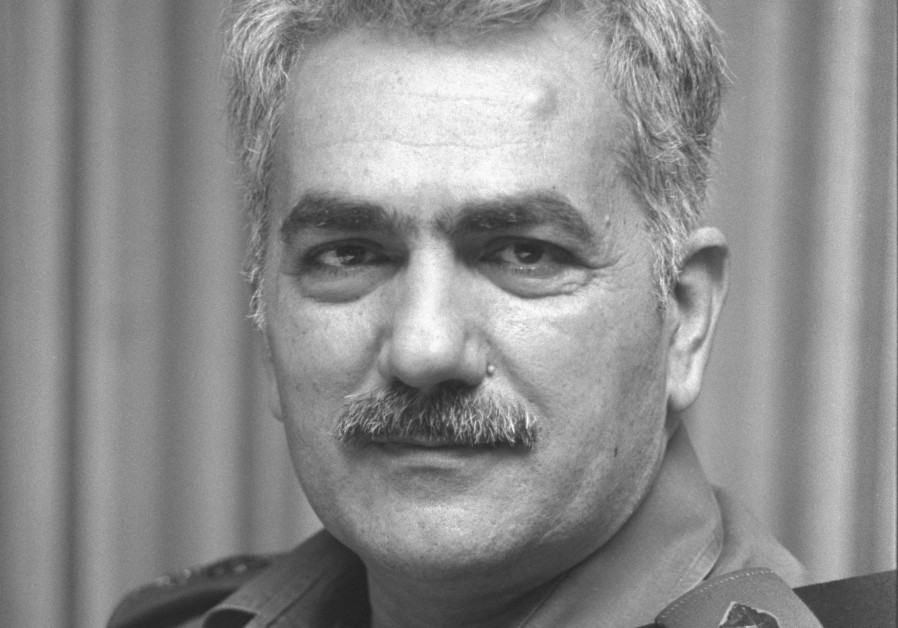Yehoshua Saguy, the former head of IDF Military Intelligence (MI), passed away on Thursday at the age of 87, Israeli media reported.Saguy served in various branches of the IDF from the early 1950s until 1983, the last four years of which he served as the head of MI, during the First Lebanon War. During the war, in 1983, the Lebanese Christian militia carried out the killings of women and children in the Palestinian refugee camps of Shaba and Shatilla. Saguy warned that these acts of murder would be attributed to Israel. The IDF let the militia into the camps, and the investigating Kahan Commission found Saguy responsible. He subsequently resigned from his position. When he first drafted to the IDF in 1951, it was to 504th Unit in the Intelligence Corps, later becoming an officer. Saguy was an intelligence officer during the Six Day War in 1967 and the Yom Kippur War in October of 1973. Towards the end of the 70s, in his role as the second-in-command at MI, he vocalized his protestations of the 1979 peace treaty with Egypt, signed by then-Egyptian president Anwar Sadat and then-Israeli prime minister Menachem Begin. Saguy was suspicious that the Egyptians weren't being honest, and concerned about the possibility of an intentionally-unexpected war. During his time as head of MI, he contributed to the significant increase in women serving in the Intelligence Corps. 
Former head of Military Intelligence, Yehoshua Saguy, dies at 87
During his time as head of Military Intelligence, he contributed to the significant increase in women serving in the Intelligence Corps.
